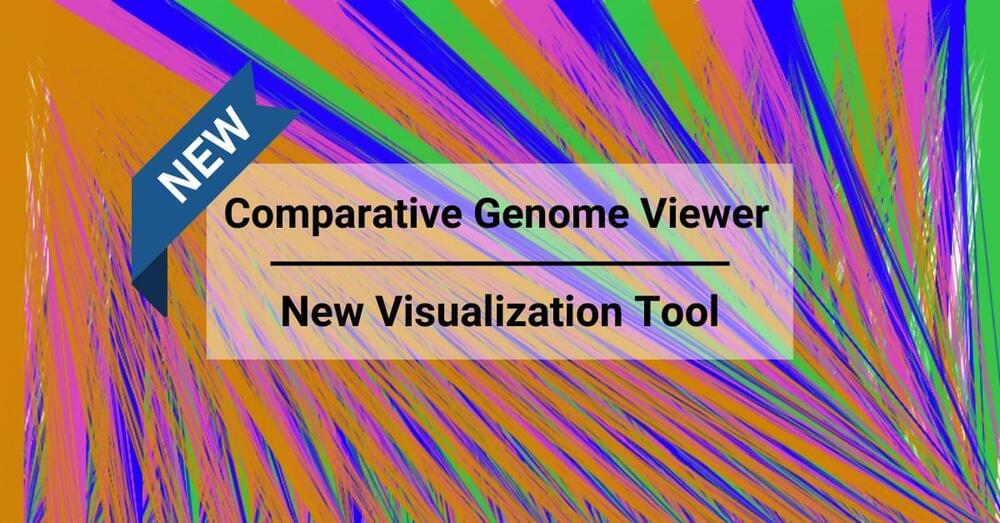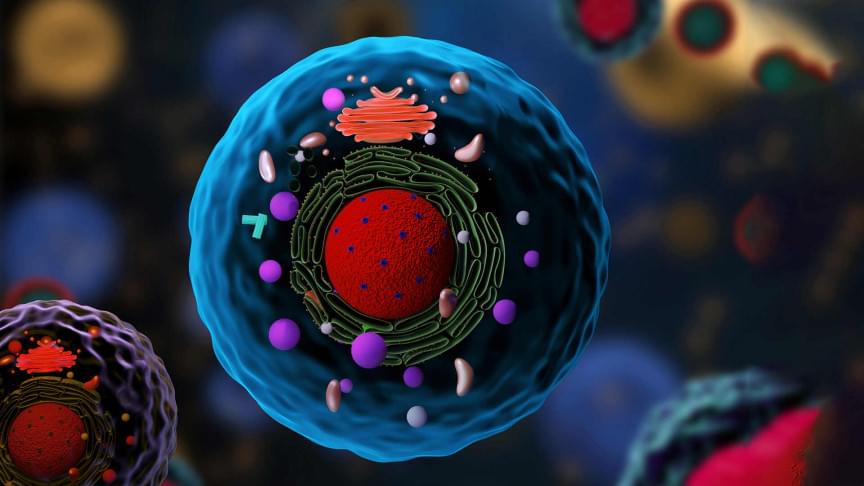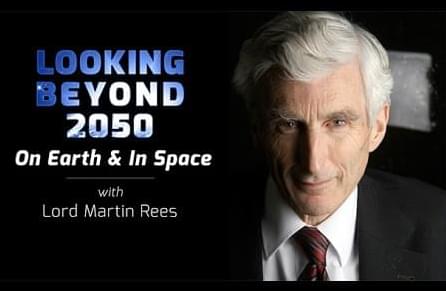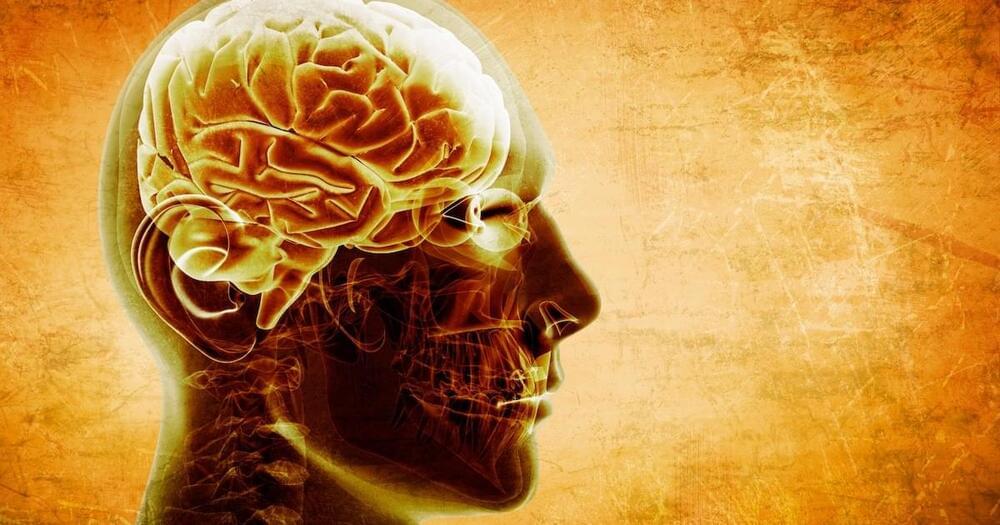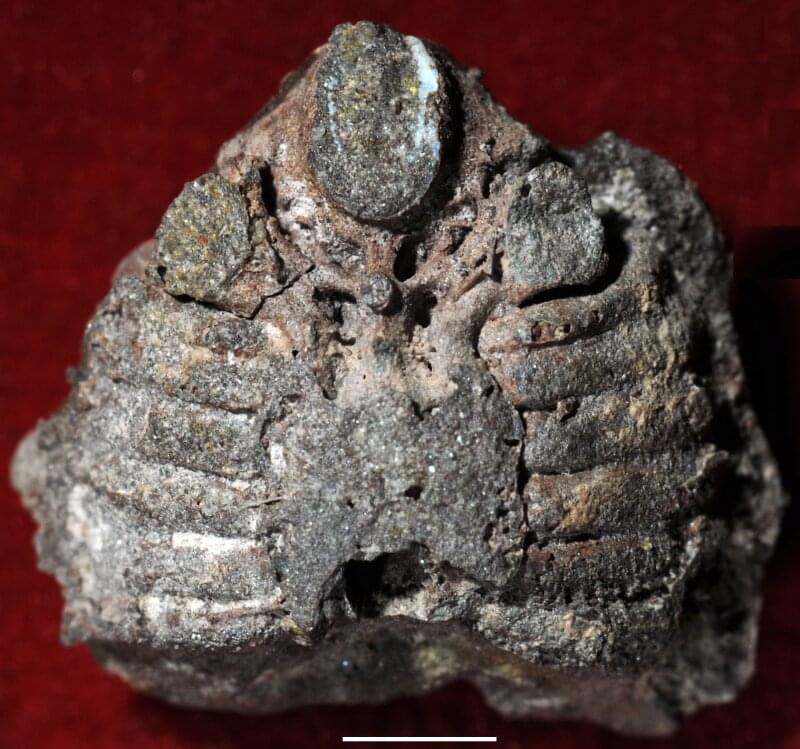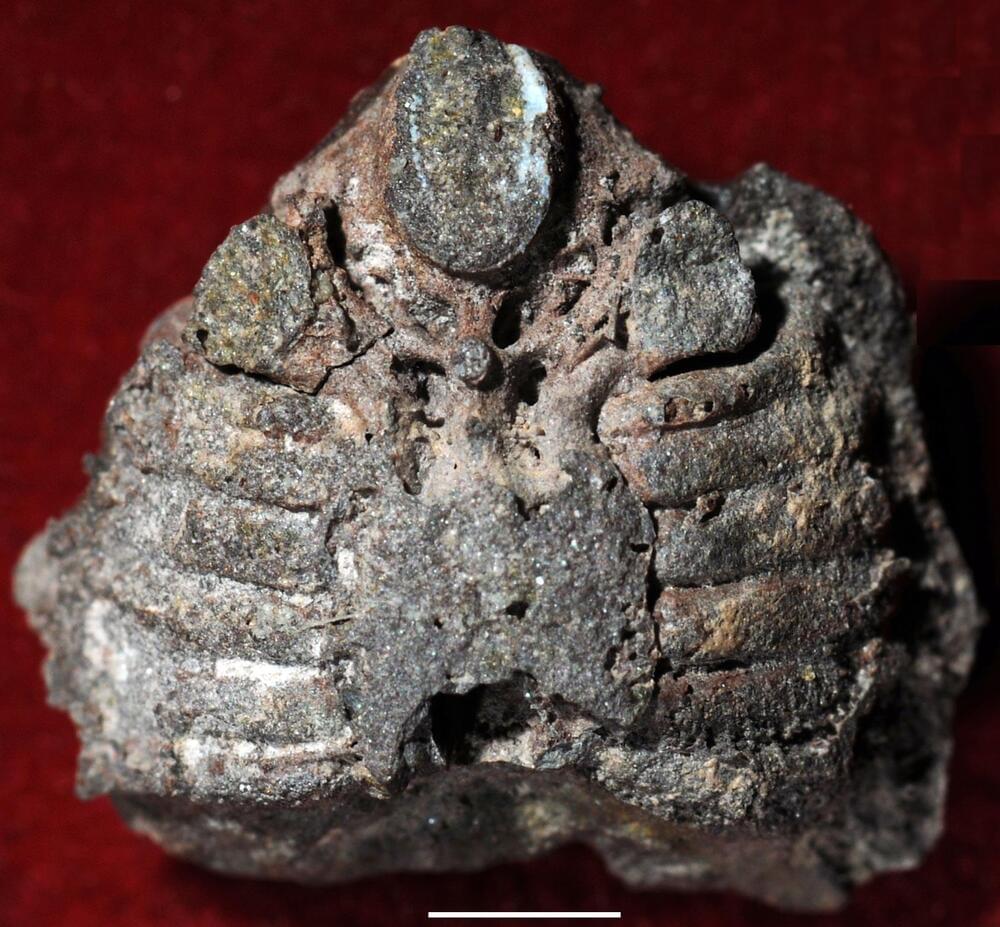
Researchers at North Carolina State University show that an important gene in maize called HPC1 modulates certain chemical processes that contribute to flowering time, and has its origins in “teosinte mexicana,” a precursor to modern-day corn that grows wild in the highlands of Mexico. The findings provide insight into plant evolution and trait selection, and could have implications for corn and other crops’ adaptation to low temperatures.
“We are broadly interested in understanding how natural variation of lipids are involved in the growth and development of plants, and how these compounds may help plants adapt to their immediate environments,” said Rubén Rellán-Álvarez, assistant professor of structural and molecular biochemistry at NC State and the corresponding author of a paper describing the research. “Specifically, we wanted to learn more about variation in lipids called phospholipids, which consist of phosphorus and fatty acids, and their role in adaptation to cold, low phosphorus, and the regulation of important processes for plant fitness and yield like flowering time.”
Maize grown at higher altitudes, like the highlands of Mexico, needs special accommodations in order to grow successfully. The colder temperatures in these mountainous regions put maize at a slight disadvantage when compared with maize grown at lower elevations and higher temperatures.
